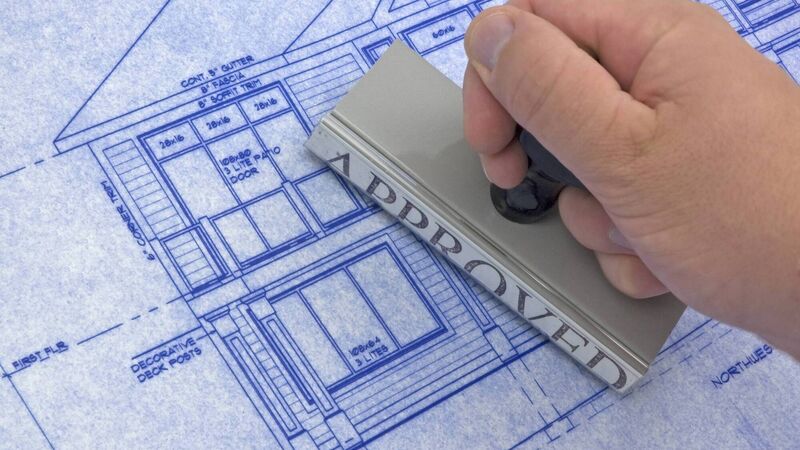Non-appointment of 18 judges 'barrier' to planning system functioning properly

The Government is currently trying to make it onerous for the public to access judicial reviews as it has been argued the planning process has been unnecessarily slowed by frivolous legal objections to worthwhile developments. File picture
Environmental advocates have claimed the Government is creating further delays in the planning system by failing to speed up the appointment of more judges.
Friends of the Irish Environment (FIE) said the non-appointment of 18 judges promised in the Programme for Government represents a “real barrier” to a planning system functioning in a “timely” manner.













